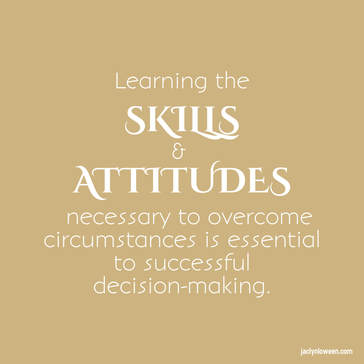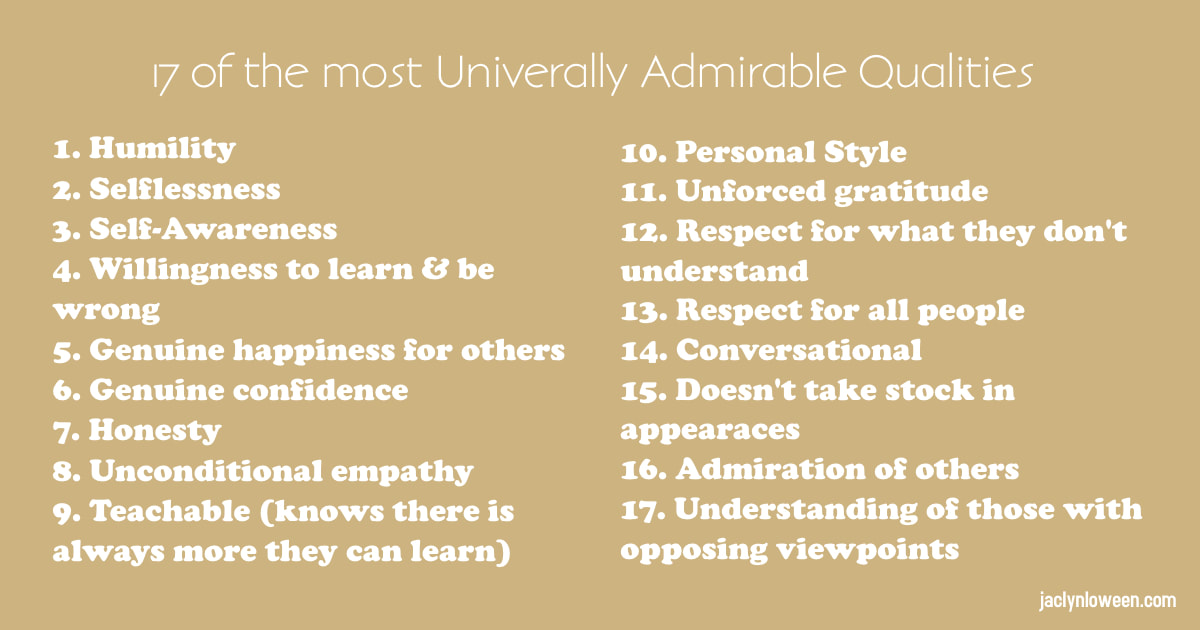|
UA-115346459-1
Just the other day a friend and I were discussing our children’s education and mused about how different things seem from when we were kids. Especially in the area of the valuing homework and children (and their parents) being expected to learn independent of a classroom. It seems that extra-curricular activities trump academics even in elementary and that both educators and parents are dismissing homework as a nuisance and unnecessary. Neither of us are excited about this push away from homework because even though we are not researchers, we are parents who are educated, confident and successful individuals, who believe the practice of leaving homework behind is going to negatively impact our children’s ability to learn life lessons like responsibility, commitment and intrinsic motivation. The things we learned from our many years of elementary, secondary and post-secondary education. A couple years ago I did some research on this topic, the significance of homework; Research that is not shaping school district and classroom policies and norms around the country. So, I wanted repost this to present an alternate point of view in case there are other parents or educators out there who need to know they aren’t the only ones who thinks homework is one thing we shouldn’t be leaving behind. After perusing these articles and radio broadcast (The Trouble with Homework, Rethinking Homework, Homework: An Unnecessary Evil?), it seems safe to say homework is under attack. If you ask me, it is because the systems and critiques of education have yet to figure out how to measure the value of an education. Because again and again the measures by which the successes of students, districts, states, and a nation are tainted by the belief that we can really know what is going on in a school based on standardized test and inherently faulty grading systems that simply represent a number, not a learner.  In the search for a way to put a value on a student’s or a school’s achievements, we have lost sight of what is significant—lives, brains, beating hearts, moldable spirits, OUR country’s FUTURE agents of change. In our classrooms sit our teachers, our doctors, our lawyers, our politicians, our workforce. Those we are molding will be molding our country in the all too near future. How do we want them to approach each day of their future? This is a future in which we will live, but in which they will be the major decision-makers and creators. We will pass off the baton sooner than we realize, and we will have expectations on how that baton should be carried. Are we setting our future lawmakers, teachers, and coaches up for success in meeting these expectations? When one approaches the homework debate he or she must not forget to consider the humans behind the numbers and take into account that the qualities we all look for in humans are rarely measurable. A good list of these qualities can be found on Brianna Wiest’s blog: “17 of the Most Universally Admirable Qualities People Can Have” (Go read it because I am going to give a list, but her descriptions are so much richer than the snippet that I am sharing.) Want to see the hallmarks of a good school, a good teacher, a good student? Then look for the above 17 qualities. Sadly, in the midst of searching for a significant purpose for homework, the connection to number driven data has led to a number of articles and opinions against homework. Moreover, looking to generalized test score outcomes as a base for determining effectiveness of homework is not a reasonable place to go looking. Yet, that is the sum of most of the research out there on homework. In the numbers generated by standardized tests or final grades it is impossible to determine if through the process of practicing independent learning positive personal qualities are being enhanced. Certainly, the measuring of “enhanced personal qualities” would be challenging, and likely the reason such a study has never been completed. But still worth consideration. Where would one start? It would require hours upon hours of examining students’ growth in character over time, the study of the various ways teachers use homework, and an in-depth analysis of schools’ commitments to ongoing, outside of the classroom learning initiatives. It would require more than handing out paper and pencils and having students write what they know on that day at that moment (with no consideration of what variables could have blocked understanding during the hours, days, or weeks leading up to the test). A true “test” of the significance of homework would have to take into consideration the various backgrounds of students and measure growth of character qualities over time. A challenging study to set up but I am certain the results would be worth the knowledge gained. When I assign homework, I take into consideration the busy lives that my students lead. I take into consideration that approaching new material can be challenging when done alone. I take into consideration that mom and dad may not be around to help. But I also take into consideration that THOSE CIRCUMSTANCES MAY NEVER CHANGE—that each of these students will face challenges in fulfilling tasks, expectations, and obligations all of their lives.  Learning the skills and attitudes necessary to overcome circumstances is essential to successful decision-making. And in the future (when they are the adults) they will actually be on their own to figure that out. For now, they have me and other teachers and adults to coach them through, to help them learn how to face apathy, fear, and frustration with a spirit of courage and determination. I can be there to help them try again when they fail. To let them know that failure isn’t a place to stay, but a place to work up from. When I assign homework I don’t look for a perfect paper in return, I look for whether a student tries or not. I look for whether they put in time and faced the fear of looking at a blank page and took the courage to start. Then I coach from there. Do I sometimes get nothing in return? Yes, but that is also a starting place for coaching. Should I stop assigning homework because some of my students consistently decide not to do it? No, because then I miss a moment to pull those students aside and coach them toward caring about expectations and obligations, about working toward goals. If I never assigned independent work I would never have these important conversations with students who need to be trained in how to follow through with tasks. Because, you see, as Mr. C. Mielke writes in his blog post, “What Students Really Need to Hear” the “main event” of school is the learning of how to face challenges, academic and otherwise. The practice of homework is just that, a necessary practice in honesty, selflessness, self-awareness, showing a willingness to learn, building confidence, creating personal style, respecting that which may not be understood clearly, active responsibility, and independent learning. Show me a study that measures the correlation between these universally admired qualities and the amount of homework assigned and I am willing to bet the search for the significance of homework just might turn up some positive results. But here is the rub: are we taking the time to use homework as a means to teach character qualities? Do we stop and take the time to do mini-lessons on the prospect completing homework has for building character qualities that lead to successful living? If we don’t, and we let it be another item on the checklist of class duties, we will cheat OUR FUTURE leaders out of the opportunity to grow in character through the practice of homework. I want to leave our country's future in good hands, hands that know how to work, love, serve, respect, and learn--not hands that simply know how to put pen to paper or people who determine the worth of something based on numbers on a page. I want to create learners who pursue learning even when no one is looking, and when there is no other reward than that which is found in the experience of exploring, gaining knowledge and creating--in the classroom and at home. What are your thoughts on homework and the significance it has in building in to our students qualities necessary for successful living? Feel free to start a conversation in the comments below.
1 Comment
12/21/2023 07:08:44 am
In what ways are extra-curricular activities being prioritized over academics in elementary education, and how are both educators and parents contributing to this shift, according to the article? regard <a href="https://it.telkomuniversity.ac.id/">Telkom University</a>
Reply
Leave a Reply. |
Jaclyn LoweenEDUCATION Links to all the, Go and See Study, sessions.
Archives
June 2018
|



 RSS Feed
RSS Feed